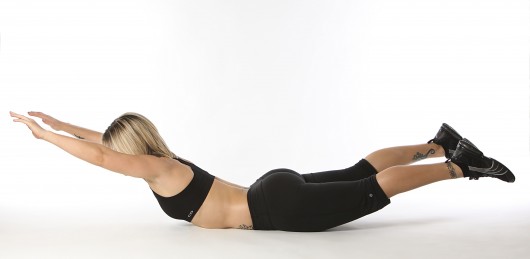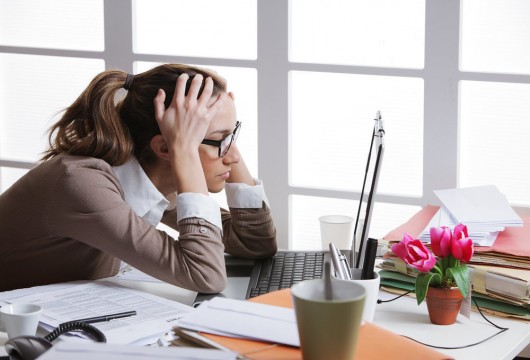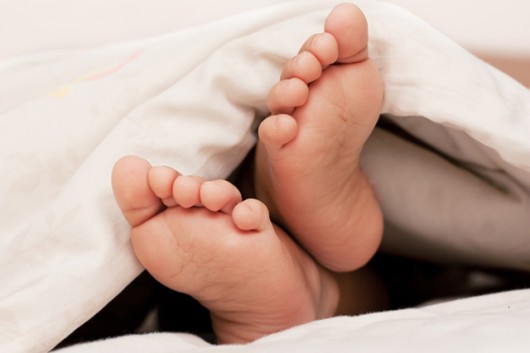Elevating your legs slightly relieves pressure on your back as you sleep. Sleeping on your back puts pressure on your spine. You can cut that pressure in half by placing a pillow under your knees.
Choose The Right Mattress
Your mattress plays a very crucial role in reducing back pain. Mattress can cause as well as cure back pain. Memory foam mattress is one of the best mattresses to sleep on. The best mattresses for side sleepers is the Nectar Mattress which adjusts to body contours and relaxes every muscle.
Before purchasing a mattress, it is very important to know your mattress size. When buying one for your bedroom, always check Mattress dimensions in inches that will fit perfectly. A mattress which does not fit you in comfortably, is going to cause big time back troubles.
Work Your Core

A regular strength training routine that focuses on the core muscles of the body can help reduce your risk of back-related incidents, such as strains and muscle spasms. Try incorporating back and abdominal strengthening exercises into your workout at least twice a week.
Consume Calcium and Vitamin D

Osteoporosis is one of the most common causes of back pain later in life, particularly for women. Keep the bones in your spine strong by consuming plenty of calcium and vitamin D.
Calcium can be found:
- milk
- yogurt
- leafy greens
- vitamin supplements
Vitamin D sources include:
- fatty fish
- egg yolks
- beef liver
- cheese
Always consult your doctor before taking any kind of supplement.
Change Your Shoes

Comfortable, low-heeled shoes are best bets for back pain prevention. They reduce the strain on the back while standing. Ladies: pumps with less than a 1-inch heel are the best bet for your back.
Straighten Up

Good posture isn’t just a way to look more proper. It protects the intricate pieces of your spine to keep them functioning and healthy. Bad posture puts strain and stress on the back and can actually change the architecture of the spine itself. Avoid rounding your shoulders, slouching, or bending sideways while standing or sitting.
Don’t Slump Over Your Desk

When sitting in your office chair, use the same good posture techniques you would use while standing. Because many of us spend hours each day sitting down, it’s critical that you maintain good posture and support your back. Choose a quality chair that provides firm support in the lower back area, and make sure your knees are a little higher than your hips when you sit. If you have to stay at your dest for some period of time, take a 10 minute break and stretch without leaving your chair.
Mingle

Avoid sitting in an awkward position or standing in one place. Move around the room instead. This prevents pressure on the spine, which can be a result of standing in one place for too long.
Lighten Your Load

Back pain is frequently caused by improper or heavy lifting, but it doesn’t only happen to those lifting heavy boxes on the job. Carrying a bulky laptop bag, suitcase, camera, or load of groceries could also cause a strain on the back. Whenever possible, take some weight off your shoulders by carrying less, distributing the weight to both sides of the body, or shifting the weight from shoulder to shoulder. Consider using a rolling cart or bag with wheels for heavier loads like bags of groceries or boxes of files.











